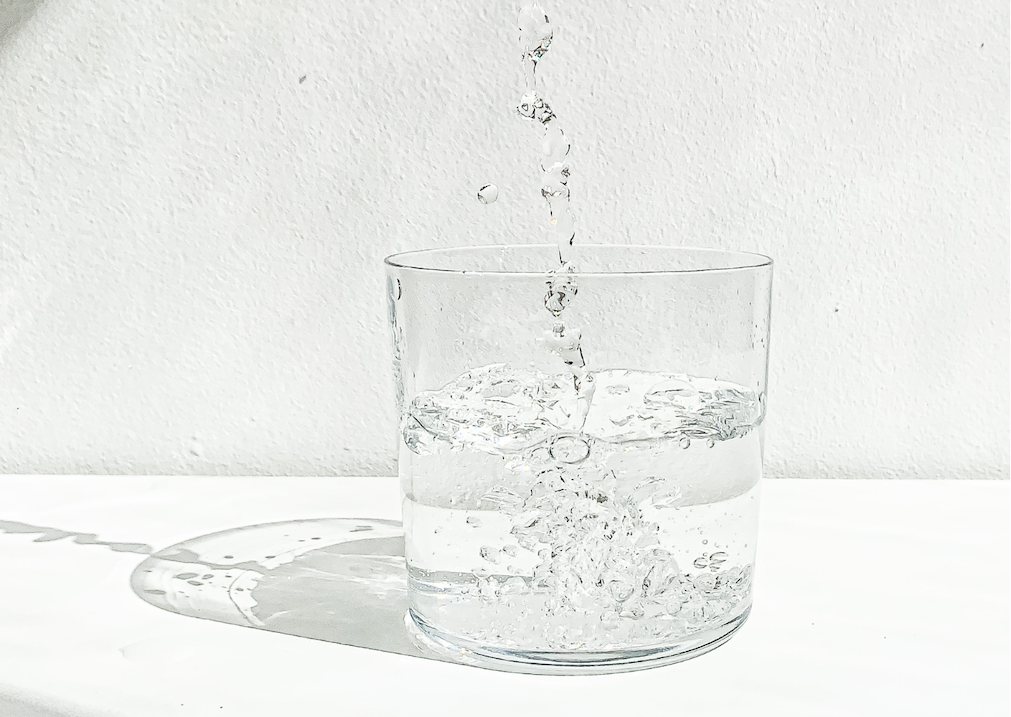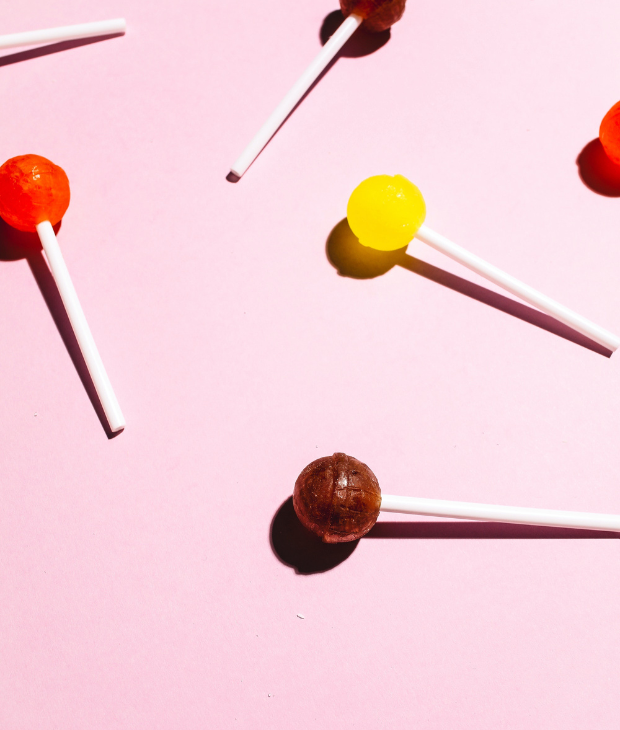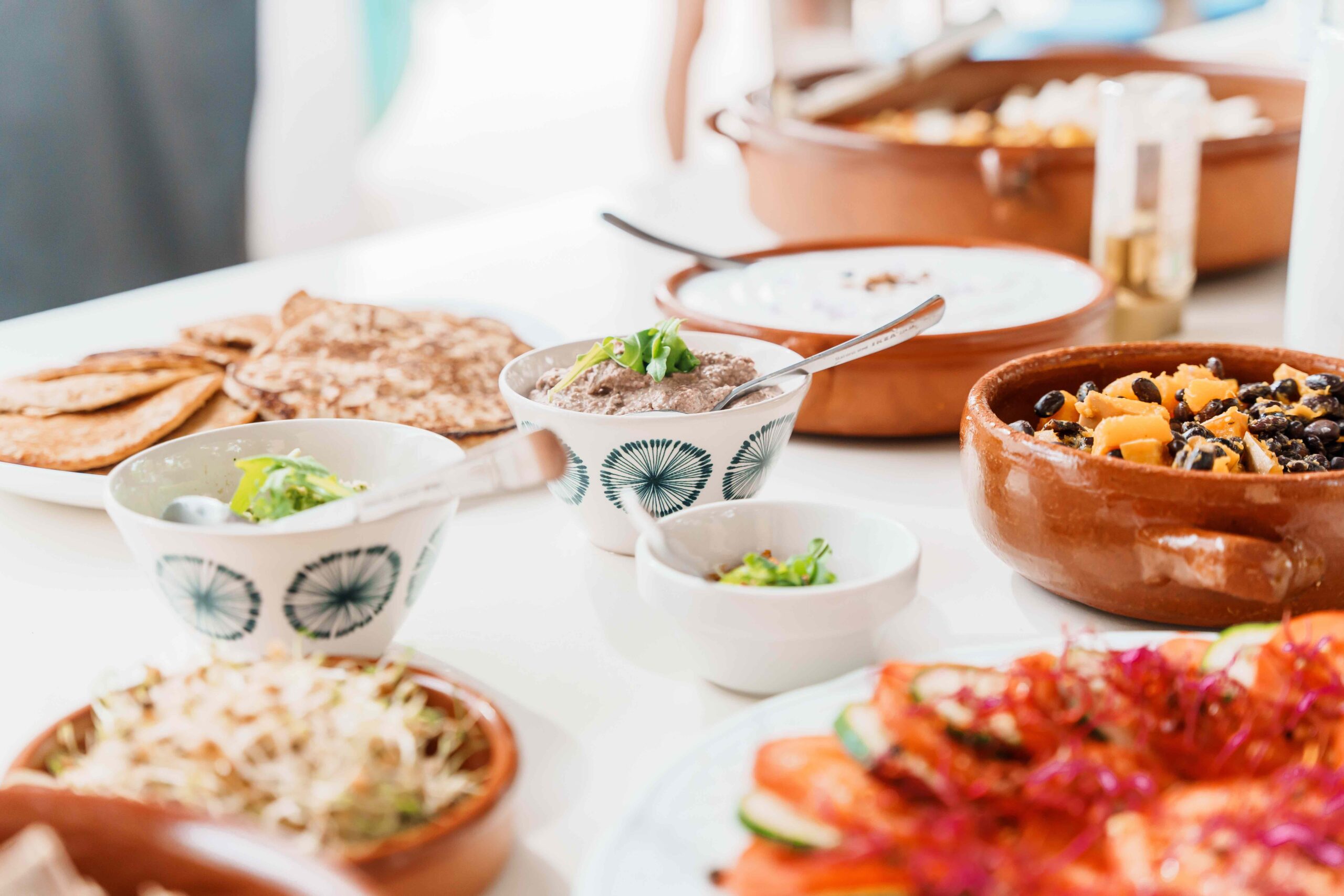The Food Journal
Can Change the Way You Eat
Getting healthy recipes right into your Mailbox is nice and can help to eat and drink more mindfully – sometimes. Because often this is not enough to change your old habits. We all have a life which is full of appointments, work, family and friends. There is just a little time left to concentrate on implementing healthy food.
That’s why today we don’t show you another great recipe, today we will help you to make a step further to change the way you eat in a holistic way.
First things First, Food journaling is not about counting calories. It is about connecting the dots between what you eat and how you feel throughout the day. Keeping a food journal makes it clear how your eating patterns are inextricably connected with every other aspect of your life. If you have eating habits that you’re not so satisfied with, you have to acknowledge them before you can change them. So, let us introduce you to the Food Journaling to finally change the way you eat.
The Unexpected Power of a Food Journal
As we all now, Journaling is a mindfulness practice and can help to clear your thoughts, bring pattern to life and help you to focus. The simple way of writing down what you eat will make you much more conscious of trips to the office pantry or handfuls, bar snacks or your evening TV Chocolate.
Studies show that self monitoring — without making any big changes to your diet—is associated with weight loss.
Another great benefit is discovering patterns in your daily routine. While what we eat is critical, but why and how we eat is just as—and often more—important. Is your energy level to crash every day at 4 and let you eat something you don’t really want? Are you tired and hungry two hours after breakfast? Or maybe you get home from work feeling so hungry that you eat a bag of pretzels while making dinner, and by the time it’s ready, you’re no longer hungry.
If any of these scenarios sounds familiar or if similar ones come to mind, keeping a log might help you understand the relationship between food and other areas of your life. And it can enable you to make small changes that can have a big impact. When we refuse to isolate nutrition from the rest of our lives, we get the big picture: What, why, and how we eat are deeply connected to everything else we face on a daily basis. Your journal will reflect that.
WRITING A FOOD JOURNAL...
Writing a Food Journal is not about counting calories or macronutrients or any complicated dos and don’ts, the real idea is positivity. It’s important that we look at our inputs from a place of love, rather than guilt or shame. We all encounter situations and circumstances—wedding weekends, after-work drinks, or trips back home—that challenge our ability to make healthy choices. Instead of getting down on ourselves, we need to think of these challenges as opportunities.
When we observe our habits closely and carefully, we can discern how we react to certain triggers and better prepare for them. Which doesn’t mean we always should or need to make the healthy choice – 80:20 is a perfect balance for you and your body.
Writing a food journal is more than just tracking what you eat. Find also space to record your sleep, exercise, mindfulness practices, the number of vegetables you consumed, if you remembered to take your vitamins, what you’re grateful for, and more. This isn’t your typical food-tracking tool; it’s a lifestyle exercise. And it’s not about weight loss. The goal is for the foods you eat to tick all the boxes: delicious, satisfying, nourishing, and supportive of the life you want to live. That’s when the magic happens.



















